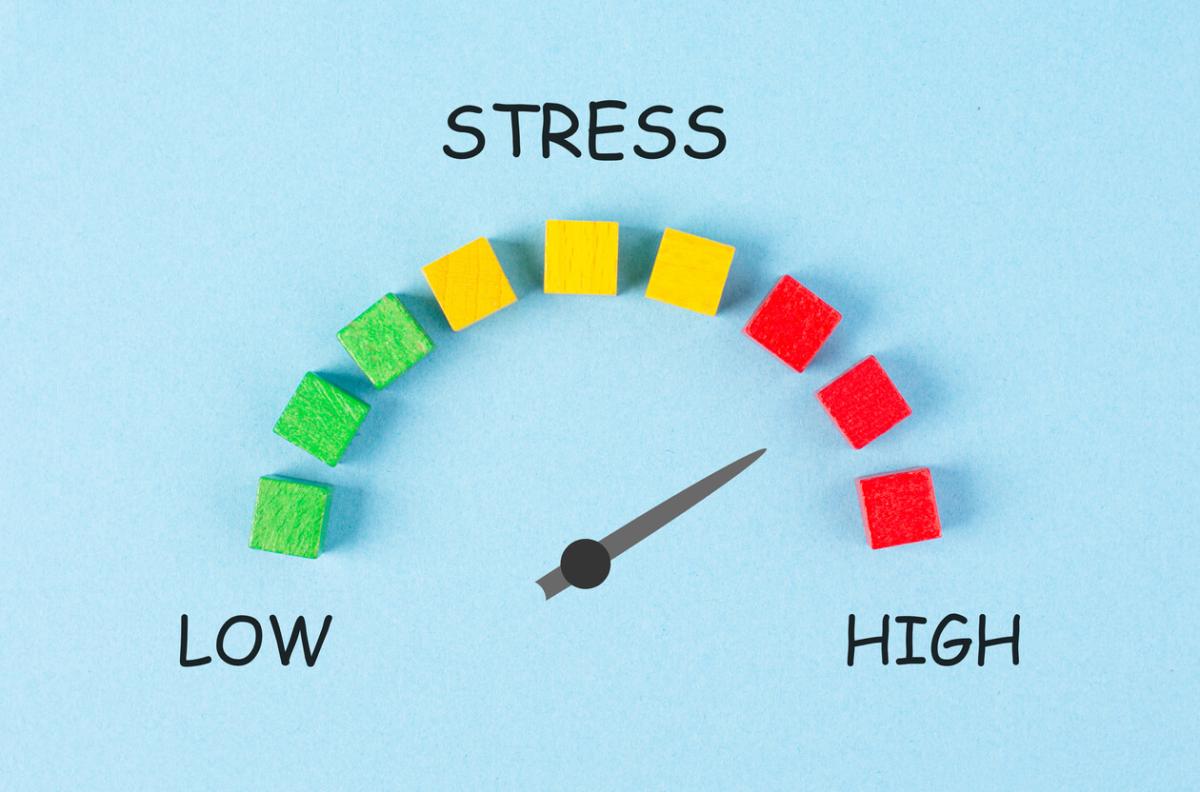
It has not even been 100 years since the word “stress” started being used as a medical term. Before that, “stress” was under the domain of physics. In physics, “stress” is defined as the internal resistance of a material to an external force or load. In medicine too, the definition of stress is pretty much the same: the internal resistance an individual feels towards major changes brought about by life. Hans Selye, a Hungarian-Canadian endocrinologist, is credited with first using the term “stress” for medical use in 1936. Stress is a common reaction that can cause various physical and psychological issues, including high blood sugar levels. Diabetes cannot be caused by stress alone, though stress can certainly aggravate it.
The Vicious Cycle
Stress can make it harder to manage diabetes, and having diabetes itself may make stress levels more severe. It’s a vicious cycle that most people find difficult to break easily, though it can be done.
Before we talk about the connection between diabetes and stress, let’s talk a little more about stress. It has been broadly categorized into three types:
- Acute Stress: When we are faced with life-or-death situations once in a while, it is known as acute stress. E.g., when one narrowly missed having an accident, the plane one was traveling in faced high turbulence levels, or one watched someone being killed in an accident. Some people may face acute stress, even for an exam or interview!
- Episodic Acute Stress: When one is continuously faced with life-or-death situations, one can suffer from episodic acute stress. For example, healthcare workers, especially during COVID-19, faced this kind of stress. People working high-risk jobs like policemen, firefighters, army personnel, people operating heavy machinery, etc., may also face this.
- Chronic Stress: People who don't have an immediate life-or-death situation, but are constantly bothered by irritants in their daily lives can suffer from chronic stress. E.g., living in slums where water and electricity woes are frequent, going to school and being bullied, living near a landfill, and worrying about other things. Chronic stress may lead to several other health issues, which in turn may increase stress.

Stress Affects Hormone Levels
The two main hormones that protect our bodies during stressful situations are cortisol and adrenaline. When under stress, cortisol increases glucose or sugar levels in the bloodstream for essential functions like brain and muscle repair. It shuts down functions that are non-essential in that exact stressful moment, say the digestive or reproductive systems. Adrenaline aids the muscles in using the high glucose levels provided by cortisol for repair.
However, if the body is constantly under stress, then the release of these two hormones can cause the glucose levels to go haywire, thus increasing blood sugar levels.
Glucose is the primary source of energy for all cells in the body, as it is derived from carbohydrates. Insulin, a hormone produced in the pancreas, aids in the transport of glucose into cells for their effective functioning.

The Connection between Stress and Diabetes
Type 1 diabetes is an autoimmune disorder that usually develops early in life, but type 2 diabetes is primarily connected to our lifestyle and develops over time. Let’s see how the two types of diabetes and stress are interconnected.
Stress and Type 1 Diabetes
In type 1 diabetes, there is little or no insulin production. Without enough insulin, glucose remains in the bloodstream and cannot be transported to the cells. Thus, the glucose keeps hoarding up in the bloodstream and leads to high blood sugar levels, or hyperglycemia. Adding stress to this mix can be very unhealthy, as even more glucose will be released into the bloodstream.
Stress and Type 2 Diabetes
In type 2 diabetes, the pancreas makes or produces insulin, which transports glucose to the cells. However, you can say that the cells don’t react properly or give a warm welcome to the glucose. This is called insulin resistance. When glucose can’t enter the cells properly, it remains in the bloodstream, and the blood sugar level rises again. Additional stress may cause blood sugar levels to rise to alarming levels.
According to some researchers, high levels of stress hormones might affect the insulin-producing cells in the pancreas and thus reduce the amount of insulin they make. This can lead to low blood sugar levels, or hypoglycemia.
Constant stress also leads to adrenal fatigue and ultimately adrenal failure.

Associated Complications of Diabetes and Stress
People who are under severe stress may be more inclined to engage in additional behaviors that raise blood sugar levels, such as a poor diet, excessive alcohol consumption, and smoking.
It is crucial to recognize that even “positive” stress (called Eustress) can cause blood sugar levels to rise. For many people, even pleasant or exciting situations, such as riding a rollercoaster or receiving an award, can cause stress and lead to high blood sugar levels.
People who are more stressed are more likely to have poor mental and physical health.
Furthermore, research indicates that chronic stress and poor stress-coping skills make it difficult for people with diabetes to effectively manage their condition. Diabetes-related consequences, such as heart disease, renal disease, nerve damage, and foot difficulties, may also increase.
Some Tips to Manage Stress
- Be kind to yourself. Forgive yourself for past mistakes, and don’t aim for perfection in the future. Try to enjoy the present moment.
- Give your body adequate rest. It is important to give your body rest. After all, the mind and body are deeply connected.
- Learn to soothe yourself on your own and to ask people for help when required. Sometimes others might not be there to help us because they might be busy, or, like during the lockdown, they just might not be able to help us despite their best intentions. Or, they might have their own thing going on. At such times, we should know how to soothe ourselves. However, we should also not isolate ourselves but talk to others when the need arises.
- Be physically active by exercising and doing workouts, but don’t tire yourself out excessively. Balance is the key to good health. Moreover, give yourself time for some creative activities that the mind enjoys.
- Invest in building a strong relationship with yourself and your social connections. Knowing yourself well is the basis of good health. When you know yourself well, you can make decisions that make your life better and happier. When you are fulfilled, you can be there for others as well. Humans are social animals, and we need to be a part of a community. Giving love to others is as important as receiving love when it comes to good health.

Conclusion
Even though there are several theories on how stress and diabetes are connected, the exact routes between the two are still unknown. Seek professional assistance for stress management, especially if you are a diabetic.


.png)


